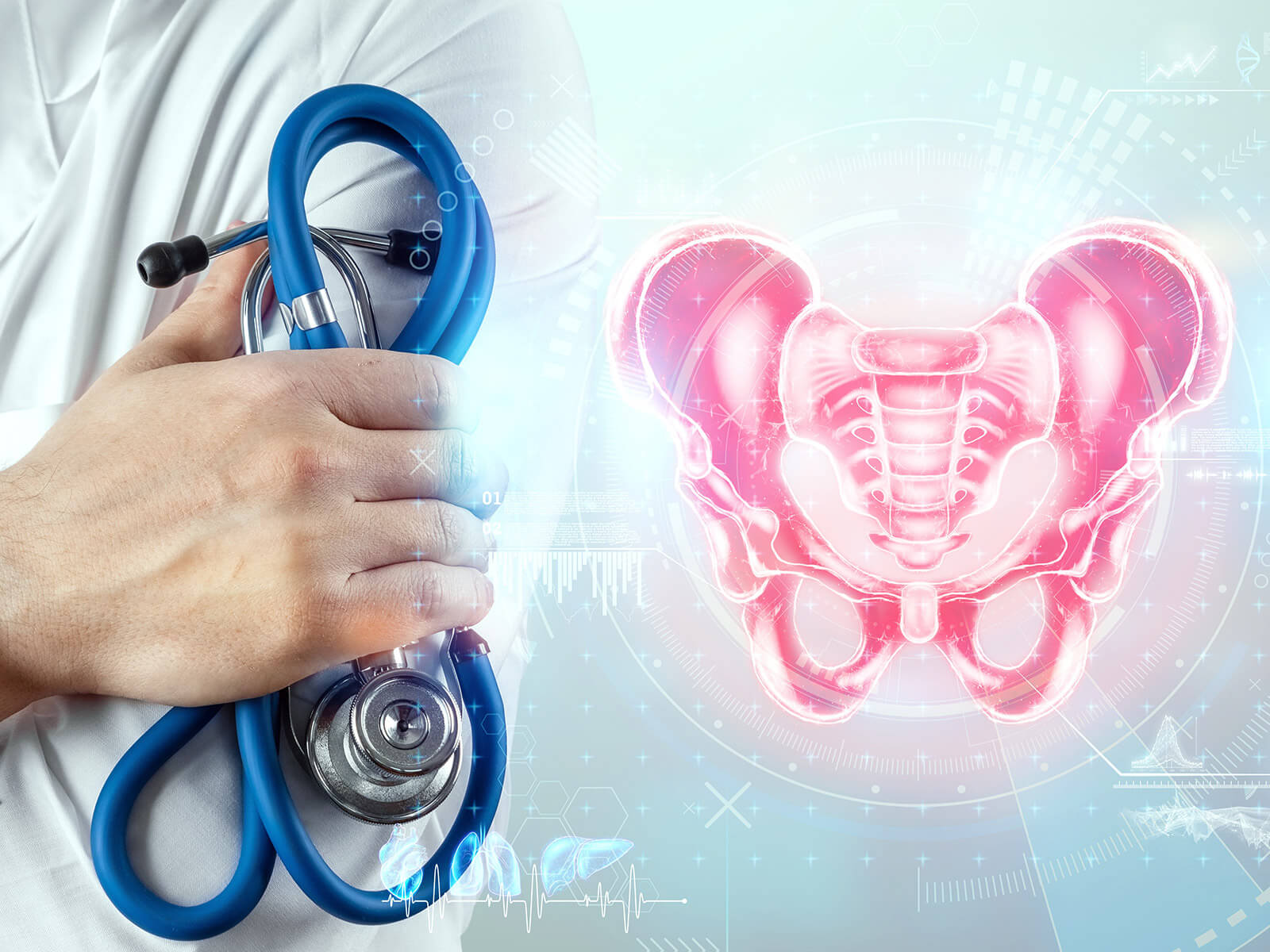Liver disease includes different conditions that impact how the liver works. Many factors can cause it.

Liver disease includes different conditions that impact how the liver works. Many factors can cause it.

At GastroDoxs, we specialize in diagnosing and treating Lymphocytic Colitis, a chronic inflammatory bowel condition that causes persistent watery diarrhea and abdominal discomfort.

Effective weight management is about balance, encompassing diet, exercise, and behavioral changes to improve quality of life, prevent health complications, and foster overall well-being

Muscle loss, also known as muscle atrophy, is a condition where muscle mass decreases due to various factors such as aging, medical conditions, or a sedentary lifestyle.

At GastroDoxs,we specialize in diagnosing and treating nausea with vomiting, providing personalized care to alleviate discomfort and address underlying causes effectively.

Proper nutrition is the cornerstone of good health.Addressing these conditions early is crucial for maintaining optimal well-being

Pancreatitis is a medical condition that occurs when the pancreas becomes inflamed. This crucial organ, located behind the stomach, plays an essential role in digestion and blood sugar regulation.

Understanding the causes, seeking timely medical help, and following an appropriate treatment plan are critical for managing pelvic discomfort effectively

Pelvic pain can be a debilitating condition affecting individuals of all ages and genders.

Peptic Ulcer Disease (PUD) is a condition characterized by sores or ulcers forming on the inner lining of the stomach and the upper part of the small intestine.

At GastroDoxs, we specialize in diagnosing and managing Proctitis, an inflammation of the rectal lining that can cause discomfort, bleeding, and bowel urgency, often linked to infections, autoimmune diseases, or digestive disorders.
Gastrointestinal (GI) conditions include acid reflux (GERD), irritable bowel syndrome (IBS), Crohn’s disease, ulcerative colitis, celiac disease, constipation, diarrhea, and more. Our specialists diagnose and treat a wide range of digestive disorders.
If you experience frequent symptoms such as bloating, abdominal pain, acid reflux, constipation, or diarrhea, it’s recommended to see a gastroenterologist for evaluation and diagnosis.
You should consult a gastroenterologist if you experience persistent digestive issues, blood in stool, unexplained weight loss, severe abdominal pain, or difficulty swallowing.
Common diagnostic procedures include endoscopy, colonoscopy, stool tests, breath tests, imaging scans (CT/MRI), and lab work to assess digestive function.
Some GI conditions, like Crohn’s disease, ulcerative colitis, and celiac disease, have genetic components, meaning they can run in families. However, environmental and lifestyle factors also play a role.
Maintaining a healthy diet, staying hydrated, exercising regularly, managing stress, and avoiding smoking and excessive alcohol consumption can help prevent digestive issues.